Menopause can be a challenging time for many women, especially when it comes to managing weight. As hormonal changes occur, the body responds differently to food, and certain dietary choices can exacerbate symptoms and hinder weight loss efforts. Understanding the foods to avoid during menopause is crucial for maintaining a healthy lifestyle and achieving your weight loss goals. In this article, we will explore the foods that may be detrimental during menopause and provide tips on making healthier choices.
For a comprehensive approach to managing your weight during this transition, check out the Menopause Diet 5 Day Plan to Lose Weight.
Table of Contents
The Impact of Diet on Menopause Symptoms
As women enter menopause, they may experience various symptoms, including hot flashes, mood swings, and weight gain. These symptoms can be influenced by dietary choices. The right foods can support your health, while the wrong ones can aggravate discomfort and lead to unwanted weight gain. By avoiding certain foods, you can better navigate this phase of life.
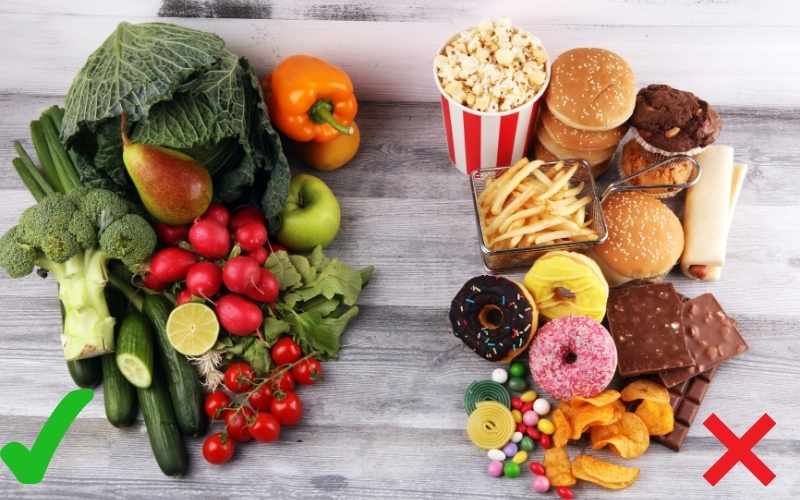
Foods to Avoid During Menopause
Here are the key foods to avoid during menopause to help you manage your weight and reduce symptoms:
- Processed Foods
Processed foods often contain high levels of sugar, unhealthy fats, and preservatives. These ingredients can lead to weight gain and inflammation, which may worsen menopause symptoms. Examples of processed foods to limit include:
- Sugary snacks and desserts (cookies, cakes, candies)
- Fast food and fried foods
- Packaged snacks (chips, crackers)
Instead, opt for whole, unprocessed foods that provide essential nutrients and support overall health.
- Refined Carbohydrates
Refined carbohydrates can cause blood sugar spikes and crashes, leading to increased cravings and hunger. They can also contribute to weight gain, particularly in the abdominal area. Foods in this category include:
- White bread and pastries
- White rice and pasta
- Sugary cereals
Choose whole grains instead, such as quinoa, brown rice, and whole wheat bread, which provide fiber and help keep you full.
- High-Sugar Foods and Beverages
Foods and drinks high in sugar can lead to weight gain and can trigger hot flashes and mood swings during menopause. Sugar-laden items to avoid include:
- Sodas and sweetened beverages
- Fruit juices with added sugar
- Candy and desserts
Opt for naturally sweet options like fresh fruit or low-sugar snacks to satisfy your sweet tooth without the extra calories.
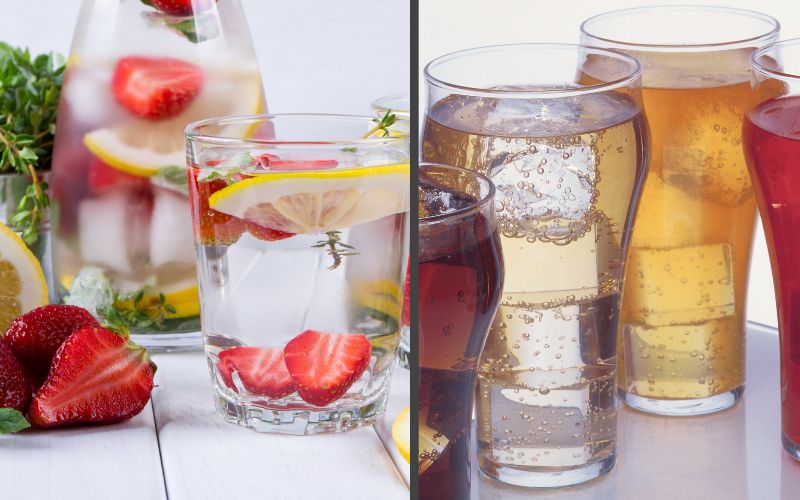
- Alcohol
Alcohol can disrupt hormone levels and may worsen menopause symptoms like hot flashes and sleep disturbances. Additionally, it can contribute to weight gain, especially when consumed in excess. While moderation is key, it may be beneficial to limit or avoid alcohol altogether.
Consider replacing alcoholic beverages with herbal teas or infused water for hydration without the added calories.
- Caffeinated Beverages
Caffeine can affect sleep quality and exacerbate anxiety and irritability during menopause. It may also contribute to hot flashes in some women. Beverages to watch out for include:
- Coffee and espresso
- Energy drinks
- Certain sodas and teas
If you enjoy caffeine, consider switching to herbal teas or decaffeinated options to reduce its effects on your body.
- High-Sodium Foods
Consuming too much sodium can lead to water retention and bloating, which can be particularly uncomfortable during menopause. Processed and packaged foods often contain hidden sodium, making it easy to exceed daily limits. Foods to limit include:
- Canned soups and vegetables
- Deli meats and cheeses
- Snack foods like pretzels and chips
Focus on fresh, whole foods and use herbs and spices for flavor instead of salt.
The Importance of a Balanced Diet
While it’s essential to know the foods to avoid during menopause, it’s equally important to focus on a balanced diet filled with nutrient-dense foods. Emphasizing whole grains, lean proteins, healthy fats, and plenty of fruits and vegetables can help alleviate symptoms and support weight loss.
Sample Daily Menu:
- Breakfast: Overnight oats with berries and a sprinkle of cinnamon.
- Snack: A small handful of nuts.
- Lunch: Quinoa salad with mixed vegetables and grilled chicken.
- Snack: Sliced vegetables with hummus.
- Dinner: Baked salmon with steamed broccoli and sweet potatoes.
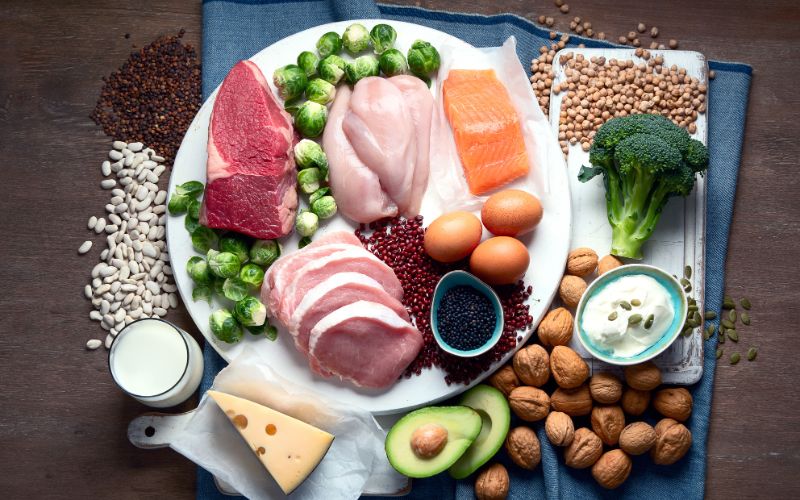
Creating a Supportive Eating Environment
To enhance your chances of sticking to a healthy eating plan, create an environment that supports your goals. This can include:
- Meal prepping: Preparing meals ahead of time can help you avoid unhealthy choices when you’re hungry.
- Reading labels: Pay attention to nutritional information and ingredients when grocery shopping to avoid hidden sugars and unhealthy fats.
- Staying hydrated: Drink plenty of water throughout the day to help control hunger and improve overall health.
Conclusion
Being aware of the foods to avoid during menopause can make a significant difference in how you feel and manage your weight. By steering clear of processed foods, refined carbohydrates, high-sugar items, and other detrimental choices, you can create a more supportive environment for your body during this transitional phase.
For more tips on navigating menopause and achieving your weight loss goals, check out our Menopause Diet 5 Day Plan to Lose Weight and explore our related topics, such as Common Mistakes to Avoid on The Menopause Diet 5 Day Plan.



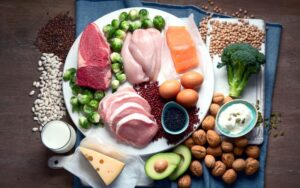

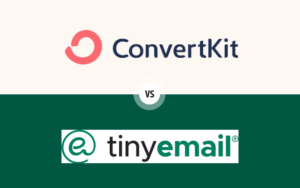
Pingback: Best Supplements for Menopause Weight Loss - Selective Product Reviews
Pingback: The Menopause Diet 5 Day Plan to Lose Weight: Your Ultimate Guide - Selective Product Reviews
Pingback: Meal Planning for Menopause Weight Loss - Selective Product Reviews
Pingback: Best Foods for Menopause: Nourishing Your Body During Weight Loss - Selective Product Reviews
Pingback: Best Exercise for Menopause: Effective Workouts to Support Weight Loss - Selective Product Reviews
Pingback: Menopause Diet Meal Plan: Effective Meals for Weight Loss During Menopause - Selective Product Reviews
Pingback: Best Menopause Supplements for Weight-Loss: Boost Your Weight-Loss Journey During Menopause - Selective Product Reviews